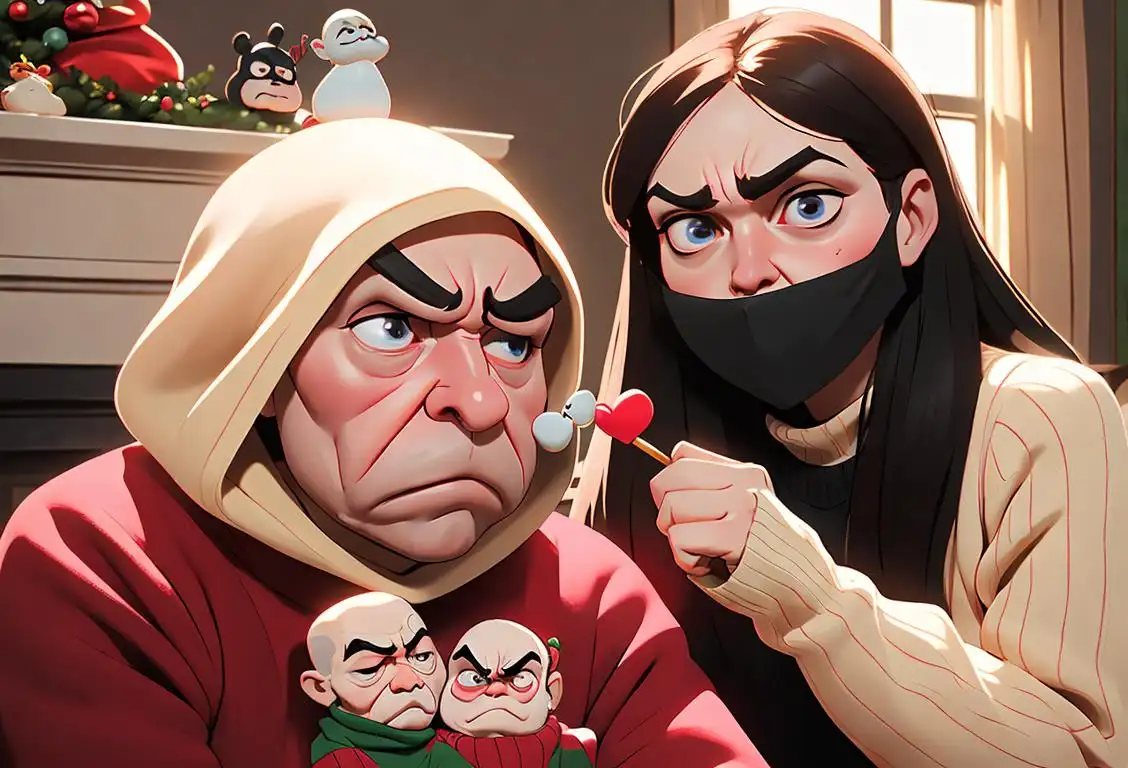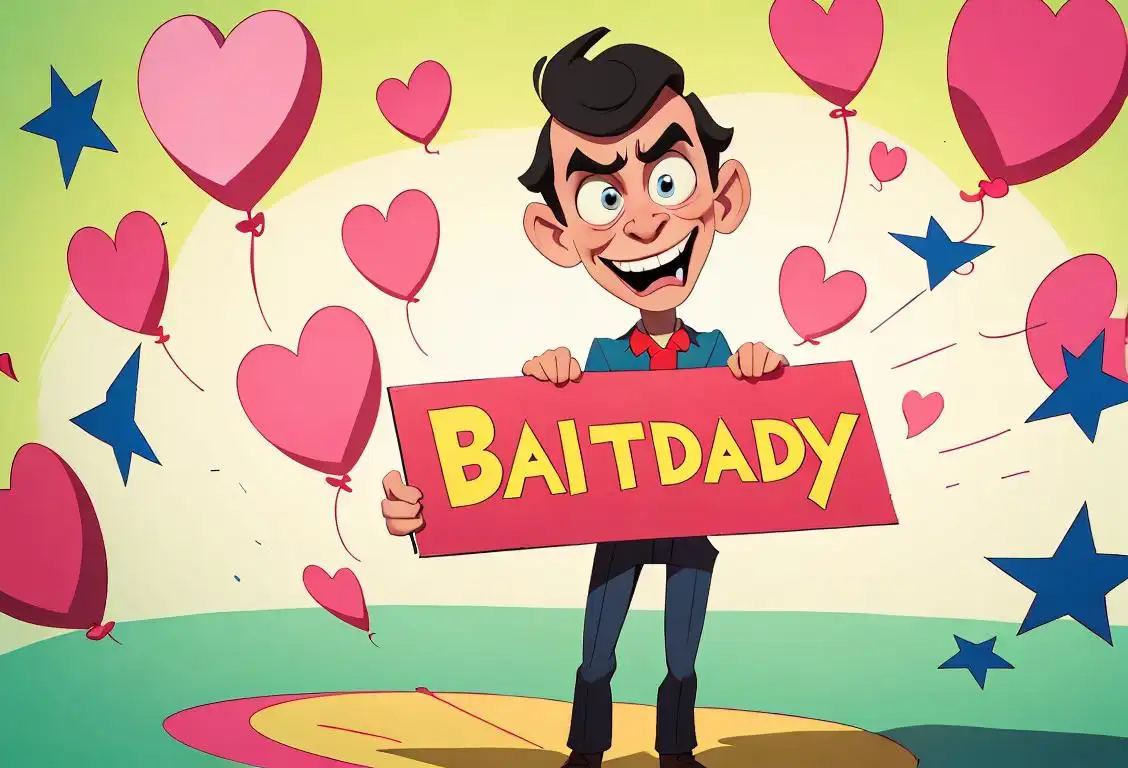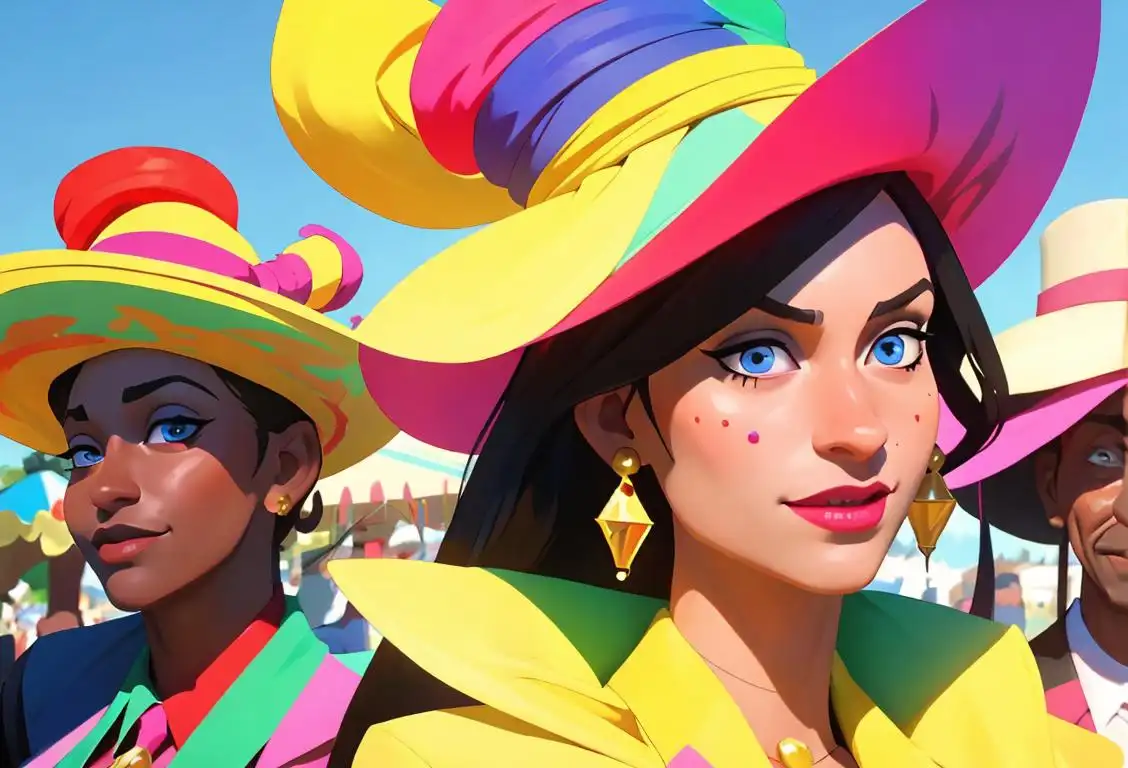National Humbug Day

Ah, National Humbug Day, the perfect occasion for all the Scrooges and Grinches of the world to come together and revel in their love for all things humbug! Whether it's a day to embrace your inner curmudgeon or to simply enjoy a good old-fashioned prank, National Humbug Day has it all. So, put on your grumpiest face and get ready for some high-quality humbuggery!
When is Humbug Day?
It's national humbug day on the 21st December.
The Origins of National Humbug Day
Now, you may be wondering how on Earth National Humbug Day came to be. Well, let me enlighten you, my friend. Back in the early days of the internet, a group of online mischief-makers decided that the world needed a day dedicated to embracing the spirit of humbug. They wanted to celebrate the joy that comes from being playfully deceptive and mischievous, all in good fun, of course.
On December 21, 1996, these internet pranksters declared it the first-ever National Humbug Day, and the rest is history. Since then, this delightful day has grown in popularity, with people all around the world coming together to engage in all kinds of humbuggery.
How to Celebrate National Humbug Day
There are countless ways to celebrate National Humbug Day and embrace your inner humbug enthusiast. Here are a few ideas to get you started:
- Play pranks on your friends and loved ones (but remember to keep it lighthearted and safe!)
- Channel your inner Grinch and watch all your favorite holiday movies with a side of good-natured grumbling.
- Create an elaborate hoax or fictional story and share it with your friends, just to see their reactions.
- Play a few harmless tricks on your coworkers (nothing that would get you fired, though!)
- Indulge in some good old-fashioned sarcasm and sassy comebacks throughout the day.
The Importance of Humbuggery
While it may seem like humbuggery is all about mischief and pranks, there's actually a deeper meaning to it. Embracing the spirit of humbug allows us to let go of our serious side for a while and find joy in the absurd and unexpected. It encourages us to question the status quo and challenge our own assumptions. Plus, let's be honest, it's just a whole lot of fun!
History behind the term 'Humbug'
1751
Introduction of the term 'humbug'
The term 'humbug' was first introduced to the English language in 1751. It originated from the combination of two words, 'humb' and 'bug'. 'Humb' was a colloquial term for a hoax or a jest, while 'bug' referred to something that caused annoyance or deception. Thus, 'humbug' initially meant a jesting hoax or something that deceived in a playful manner.
1800s
Shift towards a negative connotation
Throughout the 1800s, the term 'humbug' gradually shifted its connotation to be more negative. It started to be used to describe deceitful, deceptive, or false behavior, particularly in the context of advertisements or sales pitches. This shift in meaning was influenced by the rise of consumer culture and the increasing awareness of deceptive marketing practices.
1843
Popularized by Charles Dickens' 'A Christmas Carol'
The term 'humbug' gained significant popularity through Charles Dickens' famous novella, 'A Christmas Carol,' published in 1843. In the story, the character Ebenezer Scrooge often dismisses the spirit of Christmas and its traditions by resorting to the phrase 'Bah! Humbug!' This catchphrase became emblematic, representing cynical and disdainful skepticism towards the holiday season and its traditions.
20th century
Widespread usage in everyday language
By the 20th century, 'humbug' had become a commonly used term in everyday language. It was employed to express skepticism, cynicism, or to call out something as deceptive or insincere. The popularity of the term extended beyond conversations about Christmas, and it became an adage used to dismiss various things, ranging from dishonest individuals to empty promises.
Present day
Continued usage and evolving meaning
In present-day usage, 'humbug' continues to be employed with a range of meanings. While it may still denote skepticism or disbelief, it can also express a playful skepticism or a lighthearted dismissal. Additionally, the term has found its place in popular culture, often featuring in literature, films, and even adaptations of Dickens' 'A Christmas Carol,' further solidifying its cultural significance.
Did you know?
Did you know that the word 'humbug' was popularized by the infamous character Ebenezer Scrooge in Charles Dickens' 'A Christmas Carol'? Scrooge used the term to dismiss or express disbelief in anything related to Christmas cheer. It's safe to say that National Humbug Day owes a debt of gratitude to this iconic literary curmudgeon!Tagged
fun celebration humor pranksFirst identified
21st December 2015Most mentioned on
21st December 2016Total mentions
98Other days
Surprise Drug Test Day
Humbug Day
Bs Day
Harot Day
Dislike Day
Per Day
Jumla Day
Name Yourself Day
Lottery A Fucker The Day
Disaster Traitor Feku Darpok Fools Day






